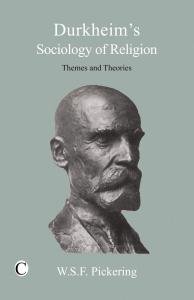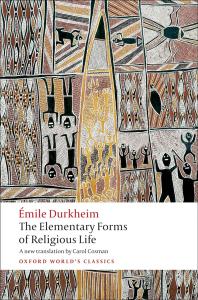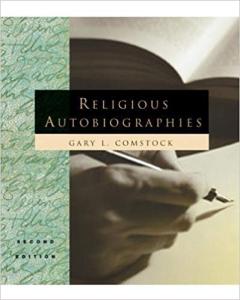Review
The objective of Durkheim on Religion, edited by R. B. Pickering, is to provide a comprehensive and critical analysis of the writings of renowned sociologist Emile Durkheim on the topic of religion. This edited collection of essays delves into Durkheim's theories and ideas on religion, examining their relevance and contributions to the field of sociology.
The primary goal is to offer a deeper understanding of Durkheim's work on religion and its significance in shaping our societal structures and beliefs. The book aims to showcase Durkheim's key concepts, such as the sacred and the profane, the role of rituals in maintaining social cohesion, and the functions of religion in promoting social order.
Through a thorough review and evaluation of Durkheim's ideas, the book highlights the enduring relevance of his theories in contemporary society. It also aims to shed light on the impact of religion on individuals and communities and how it serves as a fundamental aspect of human life.
The book begins with an introduction by R. B. Pickering, which provides an overview of Durkheim's life and work and its significance in the field of sociology. It also sets the context for the subsequent chapters, highlighting the key themes and questions to explore.
The book's first section focuses on Durkheim's concept of the sacred and the profane. According to Durkheim, this dichotomy is at the core of all religious beliefs and practices. The authors in this section examine the origins and meanings of the sacred and the profane and how they shape our understanding of religion.
The book's second section delves into Durkheim's theory of religion as a source of social cohesion. The authors explore the role of rituals and ceremonies in maintaining social order, and how they contribute to the stability and solidarity of communities. They also discuss the functions of religion in promoting a sense of belonging and identity among individuals.
The book's third section focuses on Durkheim's theory of religion as a reflection of society. The authors examine how religion reflects a society's values, beliefs, and norms, and how social forces shape it. They also discuss the impact of religion on social change and transformation.
The final section of the book critically evaluates Durkheim's ideas on religion. The authors debate and discuss his theories, questioning their validity and relevance in today's society. They also offer new perspectives and developments on Durkheim's work, highlighting its enduring significance in the field of sociology.
The objective of this edited collection is not only to summarize Durkheim's work but also to engage in critical discussions and debates surrounding his theories. It encourages readers to question, challenge, and further develop Durkheim's perspectives on religion, leading to a deeper understanding of his contributions to the field of sociology.
In summary, Durkheim on Religion, edited by R. B. Pickering, aims to offer a comprehensive and critical review of Durkheim's work on religion, with the primary goal of enhancing our understanding of the role of religion in society. It is a valuable resource for students, scholars, and anyone interested in studying religion, sociology, and social sciences.
Overall, Durkheim on Religion provides a comprehensive and critical analysis of Durkheim's theories on religion, offering valuable insights and perspectives on the role of religion in society. It showcases the enduring relevance of Durkheim's work and its impact on the study of religion and sociology.
In conclusion, the objective of this edited collection is to offer a comprehensive and critical review of Durkheim's work on religion, with the primary goal of enhancing our understanding of the role of religion in society. It serves as a valuable resource for students, scholars, and anyone interested in the study of religion, sociology, and social sciences. By examining Durkheim's theories and ideas, this book contributes to a deeper understanding of the complex and multifaceted role of religion in shaping our world.






